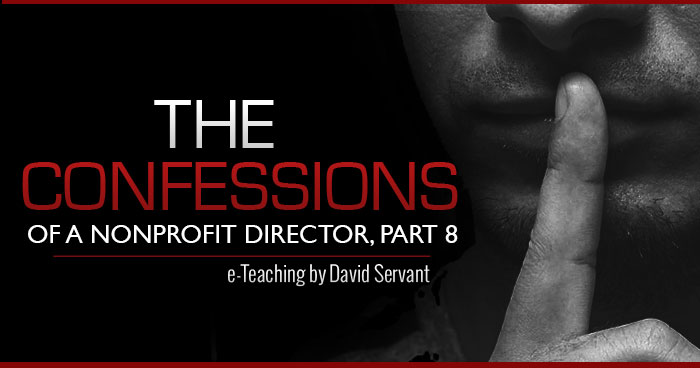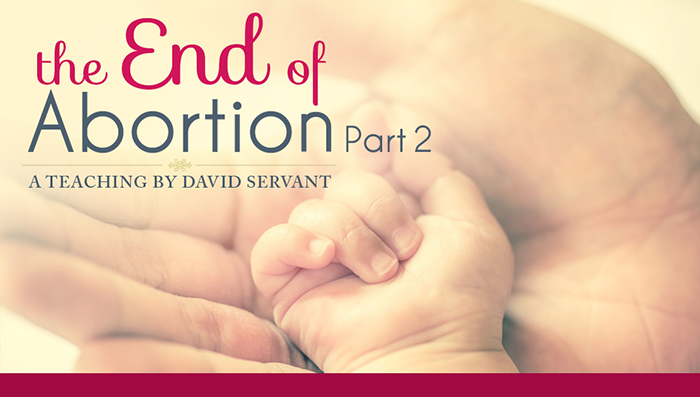
More than a decade ago I wrote a controversial book titled, Through the Needle’s Eye, and subtitled, An Impossible Journey Made Possible by God. Due to the subject matter—biblical stewardship—it was by far the most challenging book I’ve ever written. I did my best to be honest in interpreting what Scripture says, but the problem is, the Bible doesn’t always support what is often taught and believed about stewardship in modern church circles.
So I gritted my teeth as I wrote, knowing that, most likely, my finished product would not end up on the New York Times Best Seller List. In fact, I felt certain that what I was writing would close most every church door that might otherwise be open to my teaching ministry. It was like closing the lid on my own coffin.
(more…)










